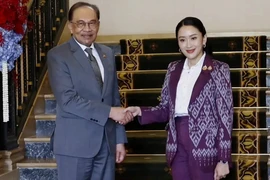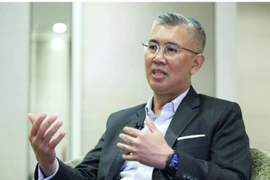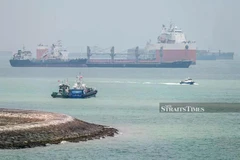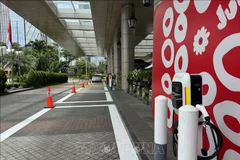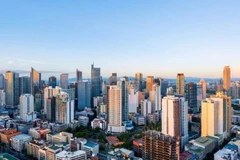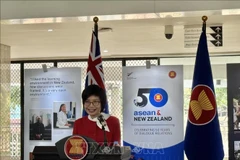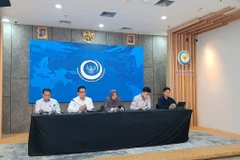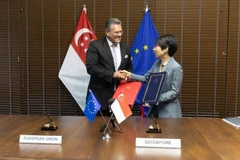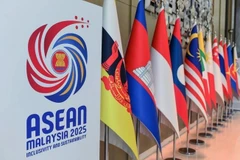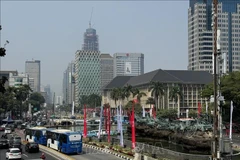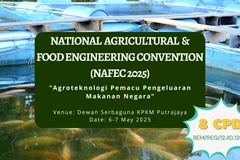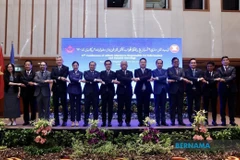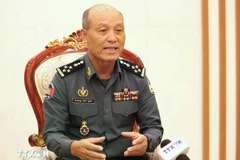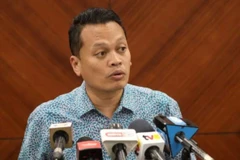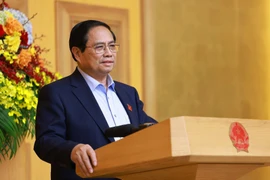Kuala Lumpur (VNA) – Malaysia is ramping up efforts to develop its space technology, with a particular emphasis on the deployment of Low Earth Orbit (LEO) satellites.
Speaking at the launch ceremony of Altel Digital Integrated Sdn Bhd (ALTEL Digital) on April 18, Malaysian Communications Minister Datuk Fahmi Fadzil said the initiative will position space-based connectivity as a key driver for the country’s digital, industrial, and economic sectors.
ALTEL Digital’s entire infrastructure, including the Ground Earth Station, Telemetry, Tracking and Command (TT&C) Centre and Application Data Centre, will be established and operated within Malaysia to comply with national security standards.
ALTEL Digital is a strategic joint venture between Altel Group Sdn Bhd and Zhejiang Geespace Technology Co Ltd (Geespace) to deliver integrated satellite and telecommunications services and provide seamless connectivity across Malaysia and Southeast Asia. It is expected to begin operations in the fourth quarter of 2025.
Beyond infrastructure, Fahmi also praised ALTEL Digital’s commitment to talent development, including the establishment of a Centre of Excellence to serve as a national training hub in management, technology, engineering and operations.
He also acknowledged the initiative to introduce Technical and Vocational Education and Training (TVET) programmes and satellite engineering modules in local higher learning institutions through collaborations with industry partners like Geespace, which helps to ensure Malaysia builds a competent and future-ready workforce.
Fahmi noted that through industry partners such as Geespace, the implementation of Technical and Vocational Education and Training (TVET) programme will help Malaysia secure human resources to serve the development of the digital economy.
The strategy on enhancing space connectivity not only positions Malaysia as a consumer of advanced satellite technology, but also a capable developer and provider of such services to the region. These services are expected to significantly benefit key national sectors such as smart ports, maritime shipping, advanced manufacturing, agriculture, smart energy and consumer electronics, he said./.


